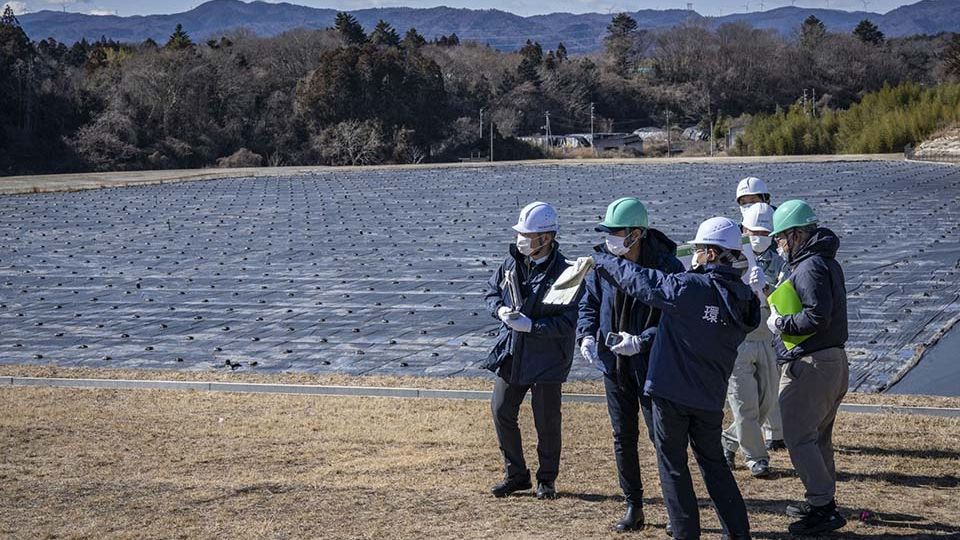BEIJING (ANN/CHINA DAILY) – China said on Monday that it found no abnormality in the activity concentration of hazardous elements such as tritium, cesium-134, cesium-137 and strontium-90 in seawater and marine life samples the country independently collected from waters near the Fukushima Daiichi nuclear power station.
The samples were collected by domestic laboratories in late February under the framework of the International Atomic Energy Agency, according to a statement released by the China Atomic Energy Authority.
“As China has repeatedly pointed out, a single test result showing no abnormalities does not guarantee that future tests will also be problem-free,” Foreign Ministry spokesman Lin Jian said on Monday, noting that China’s stance against Japan’s discharge of nuclear-contaminated water has never changed.
“We will continue to work with the international community and relevant professional organisations, such as the IAEA, to urge Japan to earnestly fulfill its commitments and ensure that the ocean discharge is under international supervision,” Lin told reporters at a regular news briefing in Beijing.
According to Lin, during the sixth China-Japan High-Level Economic Dialogue held in Tokyo last month, the Japanese side reaffirmed that it will accept long-term international monitoring of its discharge of nuclear-contaminated water and Beijing’s independent sampling and monitoring.
It was based on Japan’s fulfillment of its commitment and the fact that no abnormality was found in the analysis that China’s General Administration of Customs held a technical exchange with the Japanese side in Beijing on March 12 regarding the safety of Japanese seafood, the spokesman said.
“The Chinese government always puts its people above all else and is firmly committed to safeguarding the food safety of its people,” Lin said.
China independently collected the samples in October last year and February, after the Japanese government unilaterally started discharging nuclear-contaminated water into the ocean on Aug 24, 2023.







